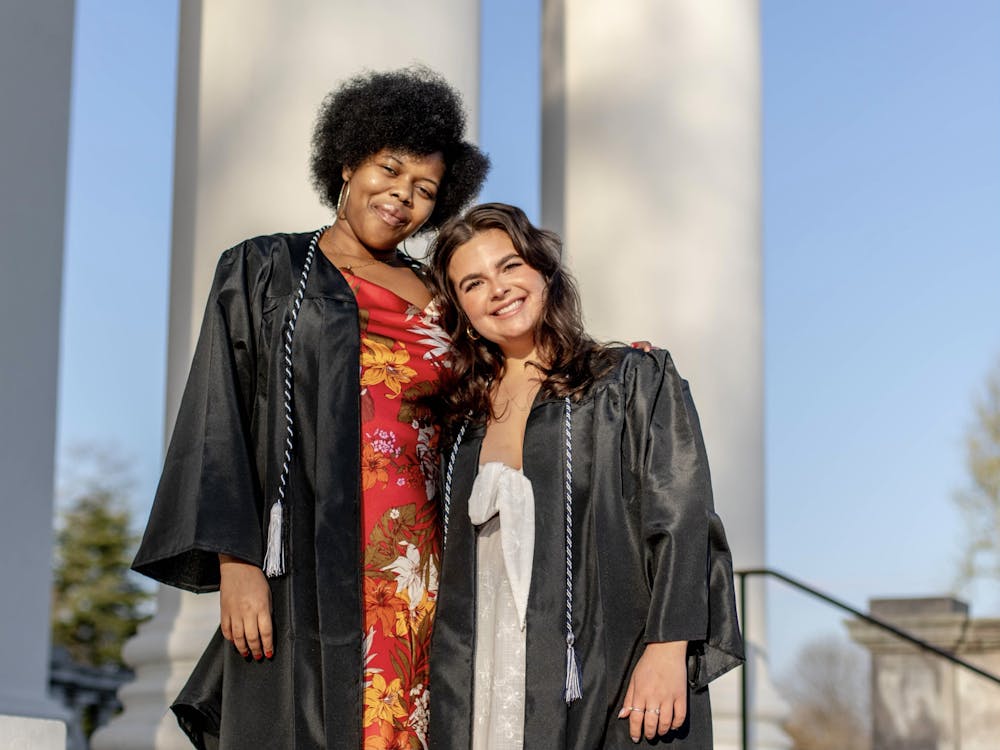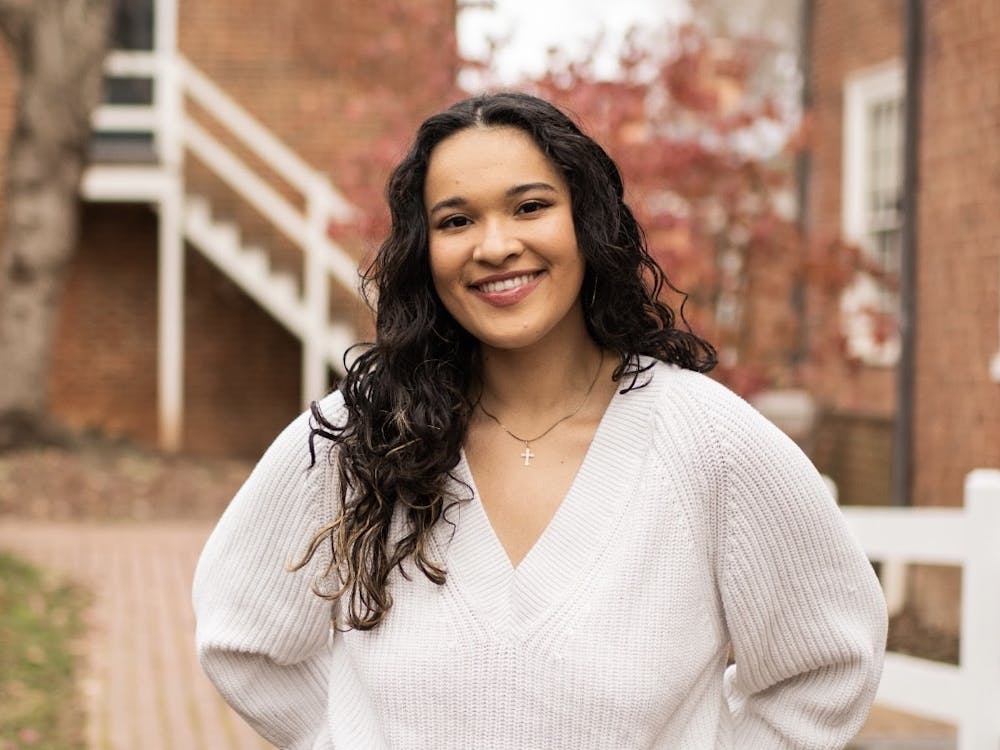When third-year College student Brandon Kist resigned from the incoming Honor Committee Friday, it created a difficult set of circumstances for the Committee. The retreat at which it would elect the incoming members of its executive committee was to begin the next day. Furthermore, with the College containing the largest student population at the University, it was crucial the Committee find a way to assure full and equal representation for the school at the retreat.
Thus, Paul Murray, president of the College Council, acted swiftly to appoint third-year student Ann Marie McKenzie to fill Kist's vacated seat on the Committee. McKenzie was the sixth-highest voter-getter in student-wide elections and missed out on being elected as a College representative by only eight votes. Her selection accords with the democratic will of the College student body and her subsequent election as incoming Committee chair is not out of line with her demonstrated abilities. Yet the ambiguous constitutional language that allowed McKenzie to be appointed in this manner suggests the Committee and Council must clarify their approach to handling vacated leadership positions. This will protect against mistakes being made if unexpected developments similar to Kist's resignation happen in the future.
The Committee constitution stipulates, "Unless otherwise provided in a school's constitution, a vacancy [on the Committee] shall be filled by another election within a reasonable time." The Council constitution partially overrides this provision, however, by mandating "the Council shall appoint a member of the CLAS Student Body to fill the vacancy on an interim basis until either a special election/selection is held or the term expires." Committee Chair Charles Harris interpreted this provision and a broader one granting executive powers to the College president to mean Murray had the exclusive authority to fill Kist's seat and therefore asked him to take action before the retreat.
Unfortunately, when Murray appointed McKenzie he neither alerted his constituents in the College nor indicated whether the appointment was "on an interim basis" or whether it amounted to a "special selection" that would allow McKenzie to hold her seat until "the term expires." Both Murray and Harris have asserted after the fact that McKenzie's appointment was meant to be a special selection, but Council's constitution is unclear as to what constitutes such a process.
The appointment of two students to fill positions on the Committee following the expansion of the College's representation from three to five members in 2007 provides some guide for the special selection process. In that case, interviews were held and a vote was taken by the entire Council to advise the president about who to appoint. Ultimately, the president chose the fourth- and fifth-place vote-getters from the election. This indicates that Murray and Harris were not wrong in interpreting the Council constitution as granting appointment power to the president and they followed the precedent established in 2007 by selecting the next-highest vote-getter. What occurred Friday with McKenzie's appointment, however, unfortunately differed from the process by which that authority was exercised in 2007.
Given the time constraints, it would have been preferable for Murray to have made the appointment on a temporary basis until such a fully-informed selection could have occurred. He also could have notified College students about the details of McKenzie's appointment prior to the Committee retreat. Although the former procedure would have been superior in terms of transparency and inclusiveness, the latter at least would have kept students informed as to who their leaders are and through what processes they are selected.
The ultimate solution to this issue should come through amendments to either the Honor or College constitution. If the Committee determines that granting appointment power solely to the president of each school's governing council is optimally efficient, then it should seek to update its constitution accordingly. If the Committee would like to continue to leave the appointment procedure to the discretion of the governing councils' constitutions, however, then those documents must be worded in a way that does not leave open the possibility of multiple interpretations.\nAlthough McKenzie's appointment bodes no ill for the Committee, the presence of such uncertainty surrounding the appointment process means future controversies are possible that could undermine the student body's confidence in its ability to influence the selection of its own leaders.




